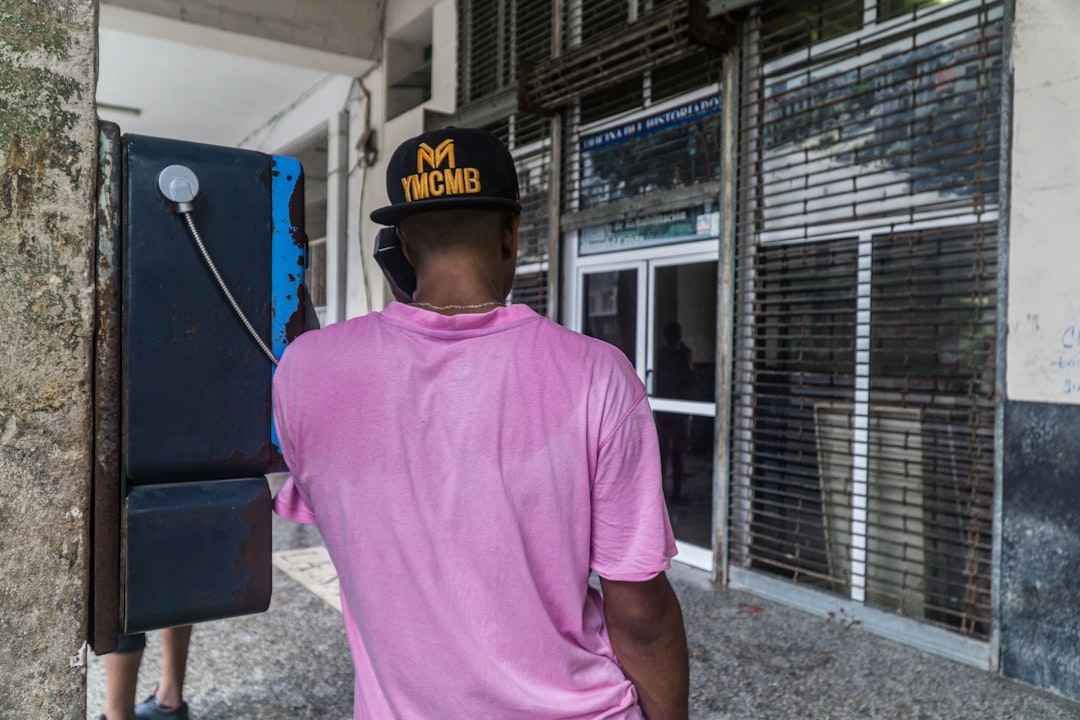Los Angeles grapples with a surge in unwanted calls and online scams, targeting residents and businesses. The city's high fraud rates highlight the need for action. Unwanted call lawyers specialize in combating these issues, but traditional education often fails to keep pace with evolving scams. Educational institutions must incorporate digital literacy and cybersecurity programs to empower students to identify and report scams, reducing victimization. Partnerships between schools and unwanted call attorneys Los Angeles are crucial to raise awareness, providing a strategic approach to combat scams effectively and create safer communities.
In the bustling metropolis of Los Angeles, unwanted calls and scams have become a persistent issue, affecting folks from all walks of life. As a vibrant city with a diverse population, LA faces unique challenges in combating these pervasive problems. This article explores education’s pivotal role in empowering residents to defend against unwanted calls and scams. From understanding the prevalence of these issues to incorporating digital literacy into curricula, we delve into strategies that involve both schools and legal experts, aiming to protect Los Angeles residents from predatory practices, with a focus on connecting them with reputable unwanted call lawyers Los Angeles and unwanted call attorneys Los Angeles.
Understanding the Prevalence of Unwanted Calls and Scams in Los Angeles
Los Angeles, a bustling metropolis known for its vibrant culture and diverse population, isn’t immune to the pervasive issue of unwanted calls and scams. With a vast number of residents and businesses, the city has become a breeding ground for telemarketers, fraudsters, and scammers who target vulnerable individuals with deceptive practices. From relentless sales calls to sophisticated phishing schemes, these unwanted intrusions have become a common nuisance, causing stress and financial loss for many Angelenos.
According to recent statistics, Los Angeles ranks among the top cities in the nation for consumer complaints related to telemarketing fraud and scams. This alarming trend highlights the need for heightened awareness and proactive measures. Many victims, feeling overwhelmed and frustrated, often turn to legal recourse, seeking justice from unwanted call lawyers or unwanted call attorneys in Los Angeles. Reputable unwanted call law firms in LA specialize in navigating these complex issues, offering legal representation to hold scammers accountable and provide much-needed relief to affected residents.
The Educational Gap: Why Traditional Education May Not Suffice
In today’s digital age, the rise of unwanted calls and online scams has become a prevalent concern for residents in Los Angeles, and across the nation. Traditional education systems often struggle to keep pace with this evolving landscape of fraud, leaving a significant educational gap. The typical curriculum may not cover the intricacies of identifying suspicious activities, such as sophisticated phishing attempts or robocalls, which are becoming increasingly advanced. Many students graduate without basic digital literacy skills crucial for navigating these modern threats.
Los Angeles, being a bustling metropolis, attracts various scams targeting both locals and visitors. From imposter lawyers promising quick settlements to investment schemes promoted via phone calls, the city’s diverse population makes it an attractive target for con artists. To bridge this gap, educational institutions must adapt and incorporate digital literacy and cybersecurity awareness programs. By equipping students with knowledge about common scams and teaching them how to recognize and report suspicious activities, schools can empower young individuals to become more vigilant consumers and citizens, potentially reducing the number of victims in the long run.
Incorporating Digital Literacy and Scams Awareness into Curricula
Incorporating digital literacy and scams awareness into curricula is a proactive step in combating unwanted calls and online scams prevalent in Los Angeles. With technology playing a significant role in our daily lives, schools can empower students with the knowledge to recognize and navigate these threats effectively. By teaching students about common scamming tactics, such as phishing attempts and social engineering, they gain valuable skills to protect themselves from becoming victims.
Curricula should also include practical exercises on how to handle unwanted calls, including recognizing and blocking spam calls, understanding privacy settings, and reporting suspicious activities. Training students to critically analyze information online and verify sources will further fortify their defenses against scams. Equipping them with these tools can significantly reduce the risk of falling prey to cunning schemes targeted at individuals seeking a lawyer for unwanted call in Los Angeles or beyond.
Collaborating with Legal Experts: A Holistic Approach to Protection
In the ongoing battle against unwanted calls and scams, a collaborative effort with legal experts is an integral part of a holistic protection strategy. Education plays a pivotal role in empowering individuals to recognize and navigate these malicious practices. By partnering with experienced unwanted call lawyers Los Angeles, educational institutions can develop comprehensive programs that not only teach students about their rights but also equip them with the knowledge to identify and report suspicious activities. These legal experts can provide insights into current scams, offer guidance on existing laws, and assist in crafting robust policies to combat these issues effectively.
Schools, colleges, and universities can organize workshops, seminars, and awareness campaigns with the help of unwanted call attorneys Los Angeles. Such initiatives can educate students about common tactics used by scammers, the importance of verifying unknown callers, and the legal recourse available if they become victims. Moreover, involving unwanted call law firms Los Angeles in these efforts ensures a coordinated response, where legal professionals can collaborate with educators to create sustainable solutions. This collective approach fosters a culture of vigilance and responsibility, ultimately contributing to a safer environment for students and the broader community.






